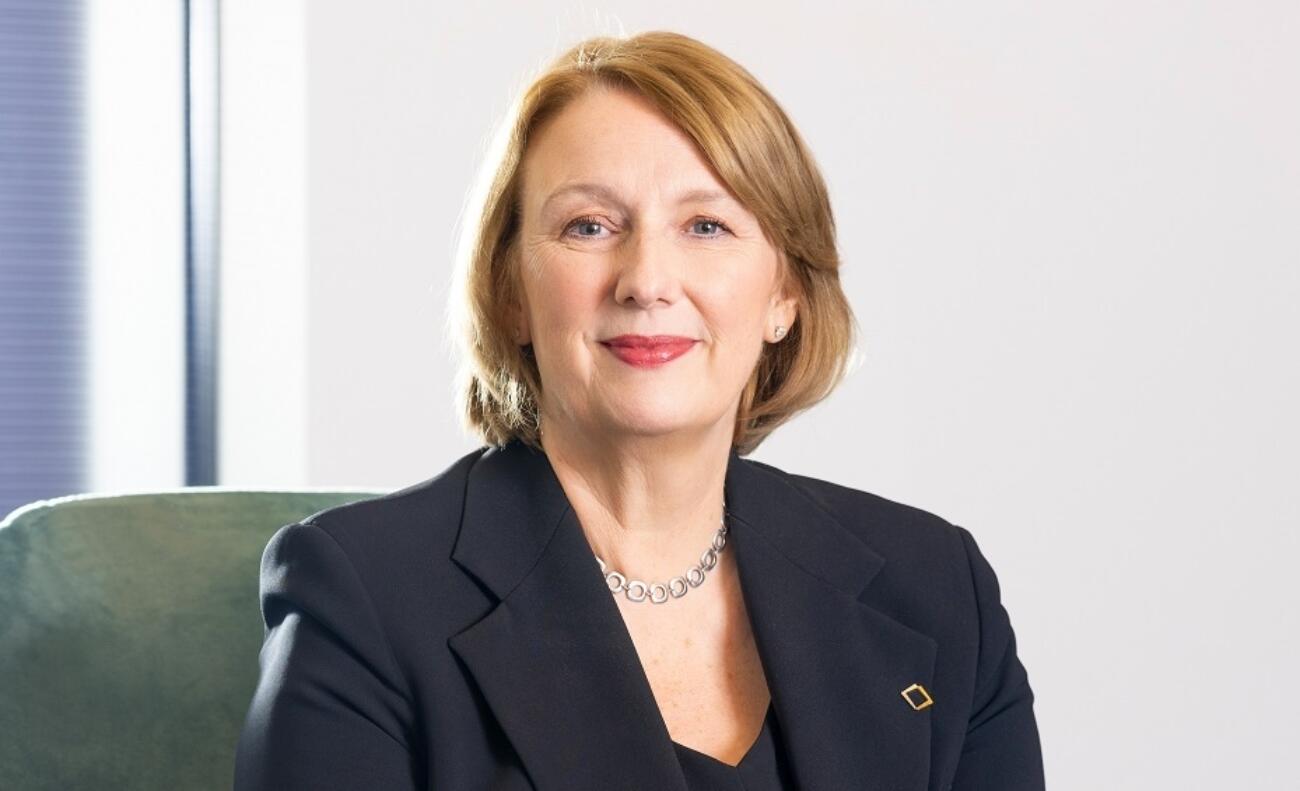Insights

IWD 2024 – Creating a diverse workforce is not woke – it’s about fairness and productivity – Jayne-Anne Gadhia
Step One: Diversify. Step Two? Stop expecting everyone to be like you
Dame Jayne-Anne Gadhia is Chair of HMRC, Chair of Moneyfarm, Senior Independent Director at the Tate and a Senior Advisor at Vanquis Bank. From 2007 to 2018 she was the CEO of Virgin Money.
From 2016 to 2021 Jayne-Anne was the UK Government’s Women in Finance Champion and continues to support and promote the Women in Finance Charter as an adviser.
In 2018 she was named Leader of the Year at the Lloyds Bank National Business Awards. She sits on the Mayor of London’s Business Advisory Board and the Financial Inclusion Policy Forum.
Jayne-Anne was awarded a CBE in the 2014 New Year’s Honours list, made a Dame in the 2019 Honours list and awarded a CVO in the 2022 Birthday Honours List. And, we are proud to say, she is also one of the inaugural Stonehage Fleming XV.
We caught up with her on the eve of International Women’s Day 2024 #InspireInclusion.
Can you give us an example of how you have inspired inclusion?
When I was CEO at Virgin Money, we made it our ambition to make everyone better off. What started as a marketing campaign, ‘EBO’ took on a life of its own. We extended it from customers to shareholders, staff and even the communities in which we operated.
Colleagues were invited to come up with their own ideas. One branch manager held a geranium sale at their high street premises, drawing in huge numbers of people from the community. It showed both how a grass roots initiative can make people feel part of something and how transformative that can be for a business.
On the back of it, we launched an intranet, inviting people to share their experiences around inclusion with the Virgin community. It was very powerful. One person told how the supportive corporate culture had enabled him to come out at work. Another took to the forum to educate colleagues who she felt misunderstood her religion’s attitude towards working women.
What are the main challenges for CEOs tackling diversity, equity and inclusion in 2024?
I come across people who are rightly proud of their gender-balanced teams. But while that’s great, it’s only the first step. ‘Step One’ is to diversify, ‘Step Two’ is to stop expecting everyone to be like you. The fact that they act and think differently is the whole point. For me, embracing that fact is the biggest challenge facing CEOs today. When you start to value and celebrate that richer dialogue between people who aren’t the same, is when you stop alienating women and other minorities.
The other challenge is to be fair in your distribution of remuneration and use data to understand where you are not doing that. Some CEOs are against quotas but sometimes you have to delve into the data to understand where the biases might be. At Virgin Money, I asked HR to run an exercise to show the distribution of bonuses by department, across the gender divide. On average, the men were quite clearly paid much higher bonuses than the women. Interestingly, the department heads were shocked themselves. The data had revealed clear results.
What is the point of International Women’s Day?
If we don’t keep gender parity at the top of the agenda we risk it being knocked off. I recently asked someone why their organisation was no longer as focused on diversity as it had been previously. They explained “there is a bit of a concern that it's too woke”.
I found this worrying. This is not about being woke, it is about fairness and productivity. The reason for bringing in and supporting diverse workforces is to improve innovation, performance and productivity. It is economically logical and sensible. There's nothing woke about it.
The danger is that the culture wars have turned the issue of diversity into something people are less prepared to stand up and argue for. Celebrations like IWD are part of countering that trend, keeping gender parity and inclusion at the top of the agenda.
Read more about the SFXV